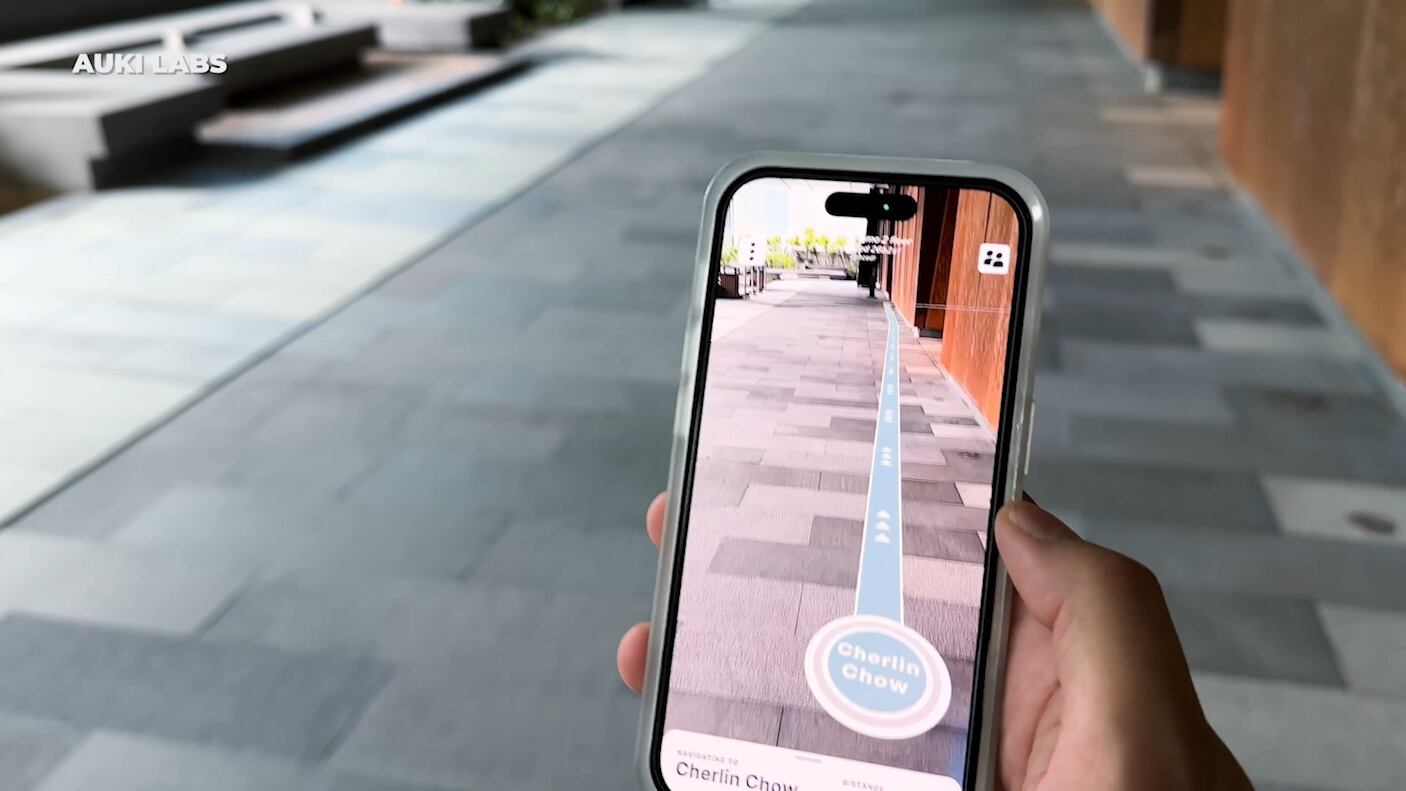Security startup Openpath has built cloud-based office technology that allows employees to enter their offices with just their phones, rather than needing a key or a badge. On Monday, the company announced that it has adapted that same platform for emergency scenarios.
Lockdown will allow employees to report intruders, active shooters, or other threats directly from their mobile devices and send an emergency alert directly to an office's physical security infrastructure.
"We are all used to using key cards. You have a bunch of badges, you carry them around, and that's — kind of — how you get access. With our system, you can use your mobile phone as your key to access doors in a building or in a campus. That same system is now connected to the physical security structure," Openpath co-founder and president James Segil told Cheddar.
"So if an incident happens and you're, let's say, trapped under a desk or in a closet, and you can't get to the fire alarm or the trigger in the hallway, you can now, from your phone, initiate a lockdown," he explained.
Crunchbase reports that Openpath has raised about $27 million since its founding in 2016.
The company first focused on access control, developing a platform that could connect employees' smart devices with the physical security systems used in offices (or other communal spaces). Companies purchase Openpath's hardware and subscribe to access the company's complimentary software.
The system is based in the cloud, which Openpath says allows for integration with other office-wide programs, such as G Suite or Office 365.
Clients already include commercial office buildings, campuses, houses of worship, and schools, Segil says.
"These are the folks who are looking at Lockdown and all of our capabilities around access control as a way to improve the security of the people who work there, and go to school there, and live there, but also as a way to just make it easier to come and go and interact with the building," said Segil.
The company's physical security service also benefits from integration with other software.
For instance, Openpath works with Camio, a video feed management service, to analyze doors that have been forced open, study attempts to unlock entrances, and "track unsolicited visitors," according to the company's website.
Just last week, Openpath announced a new partnership with Density, a startup that measures how "busy" a location is through physical sensors. By integrating that ability into its service, Openpath hopes to cut down on "tailgating:" when an unauthorized person sneaks through an entrance immediately behind someone who has been authorized.
"They can notice that someone who is not supposed to be there is there," Segil explained.












